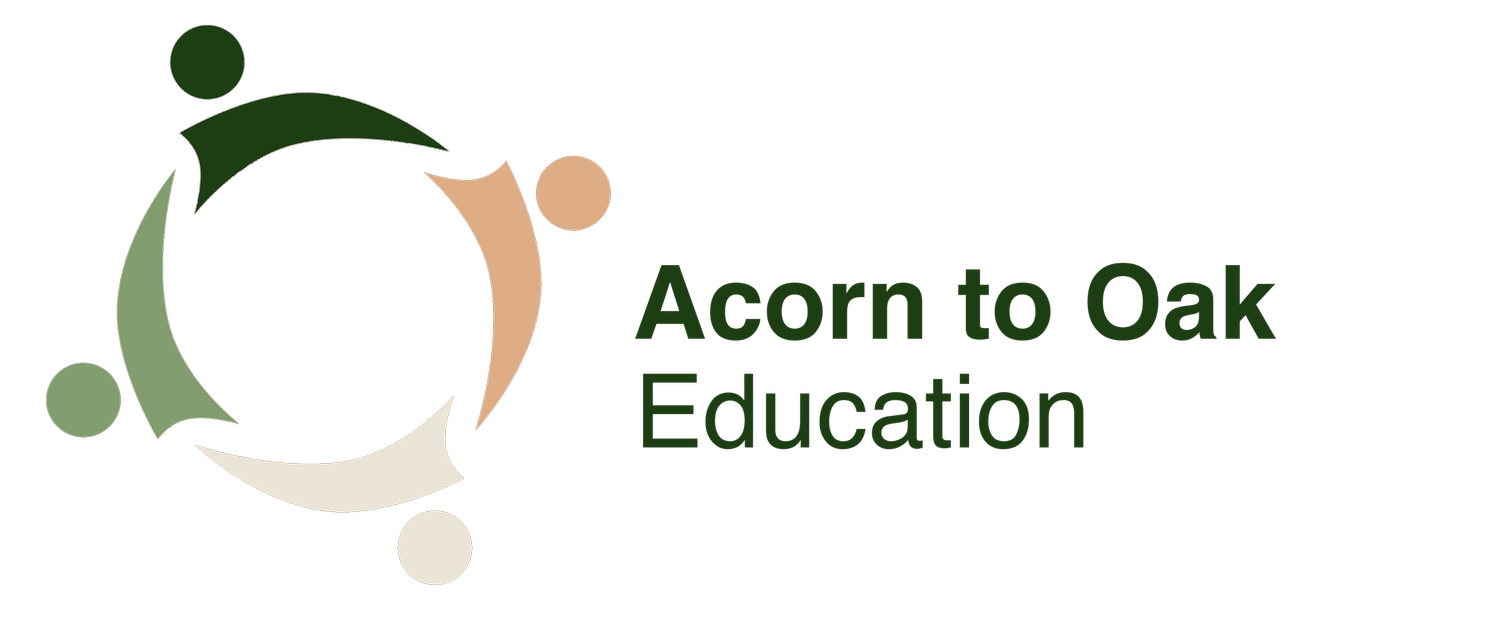Resources
We have based our top picks for resources upon what we know that our team and our clients have found helpful and would love to hear from you about other favourite resources that you find useful.
ADHD
ADHD Foundation: the foundation is an active organisation spreading best practice for those learners with ADHD also running local groups as well as courses and training.
Black Women Can be Diagnosed with ADHD Too: black women are much less likely to be identified as ADHDers and, sadly, we know racism can mean that black ADHDers are more likely to be seen as exhibiting negative behaviour rather than a need for support or understanding.
Dani Donovan: Dani Donovan is an artist and ADHDer and we love her fun and explanatory artwork.
Fintan O’Regan: Successfully Teaching and Managing Children with ADHD (Nasen Spotlight)
Autism
Black and autistic: an introductory article to the lack of research on the black autistic experience and the greater barriers in obtaining support.
National Autistic Society: the UK's leading charity for people on the autism spectrum and their families.
The Reason I Jump, Naoki Higashida: we like this book because it is written by a young man identified with autism about his own experience.
Parenting an autistic child: a parent’s view of what works, what helps and what does not and top tips.
Autism in higher education: the Autism+Uni website is a useful resource for students and those supporting them at university level study.
Communication difficulties
Black kids and speech therapy: most speech and language therapists are white and we know that black kids are an underserved population in accessing speech and language therapy.
Language for learning in the primary school, Sue Hayden and Emma Jordan: this is a really useful book that tells you about what support your child should be receiving in school if they have speech, language, and communication needs.
Language for learning in the secondary school, Sue Hayden and Emma Jordan: this is the secondary school version and we also find this really helps to understand what kind of support your child with SLCN may need.
Mikey’s Wish: Mikey is a young man with verbal dyspraxia and runs a popular and highly recommended Facebook page about his experiences.
A parent’s view of speech and language needs: read what the journey to support a child with communication needs can be like.
Cerebral palsy
Cerebral Palsy UK: this charity provides diagnosis advice, information about support, and also respite care.
Dyscalculia
Dyscalculia Information Centre: the website has an online test as well as practical information.
Dyslexia
Black and dyslexic: great podcast entering the experience of black and other minority identity dyslexics. Familiar, and sad evidence of the greater difficulties in accessing support.
British Dyslexia Association: a good place to start and revisit about dyslexia and also has information about dyscalculia.
Creative, Successful, Dyslexic: 23 high achievers share their stories, edited by Margeret Rooke – we find this a really encouraging book.
Dyspraxia
Dyspraxia Foundation: very comprehensive website and the local groups are a lovely resource if you are near one plus there is a great helpline.
Dyspraxic Me: a lovely peer mentoring charity for young people aged 16-25 with dyspraxia with meetings in London.
Tumi Sotire: the black dyspraxic: introduction to Tumi Satire, aka, the black dyspraxic and his views and experiences.
Mental health for learners
Mentally Healthy Schools: a comprehensive series of resources produced by Anna Freud for schools that can be useful also for parents and families.
Mental health for parents
Black minds matter: resources and support centering the experience of black adults.
The emotional impact of parenting a disabled child: an article by Joanna Griffin in Special Needs Jungle.
The impact of SEND parenting on parents’ mental health: a report by psychologist Joanna Griffin on the impact on parent carer mental health by supporting a child with SEND.
Sensory processing disorders
STAR Institute: this US-based organisation provides research-based information on their website and offers online training.
Practical help for parents and carers
Child Law Advice: this website contains a great deal of information about legal matters to do with children including with regard to education and home education-related laws.
Contact: Contact is a charity for those with disabled children and the website contains information about how to get help including Education and Health Care Plans and there is a free helpline.
IPSEA: IPSEA runs a helpline service for free advice (although book fast and keep checking for availability) as well as helpful online courses for parents.
Legal requirements around home education: this gov.uk site explains what you are required to do in relation to home education and how to check what support your local authority offers for home education and you can search by postcode.
SENDISS: Special Educational Needs and Disability Independent Support Service provides special educational needs information and help to parents and teachers.
